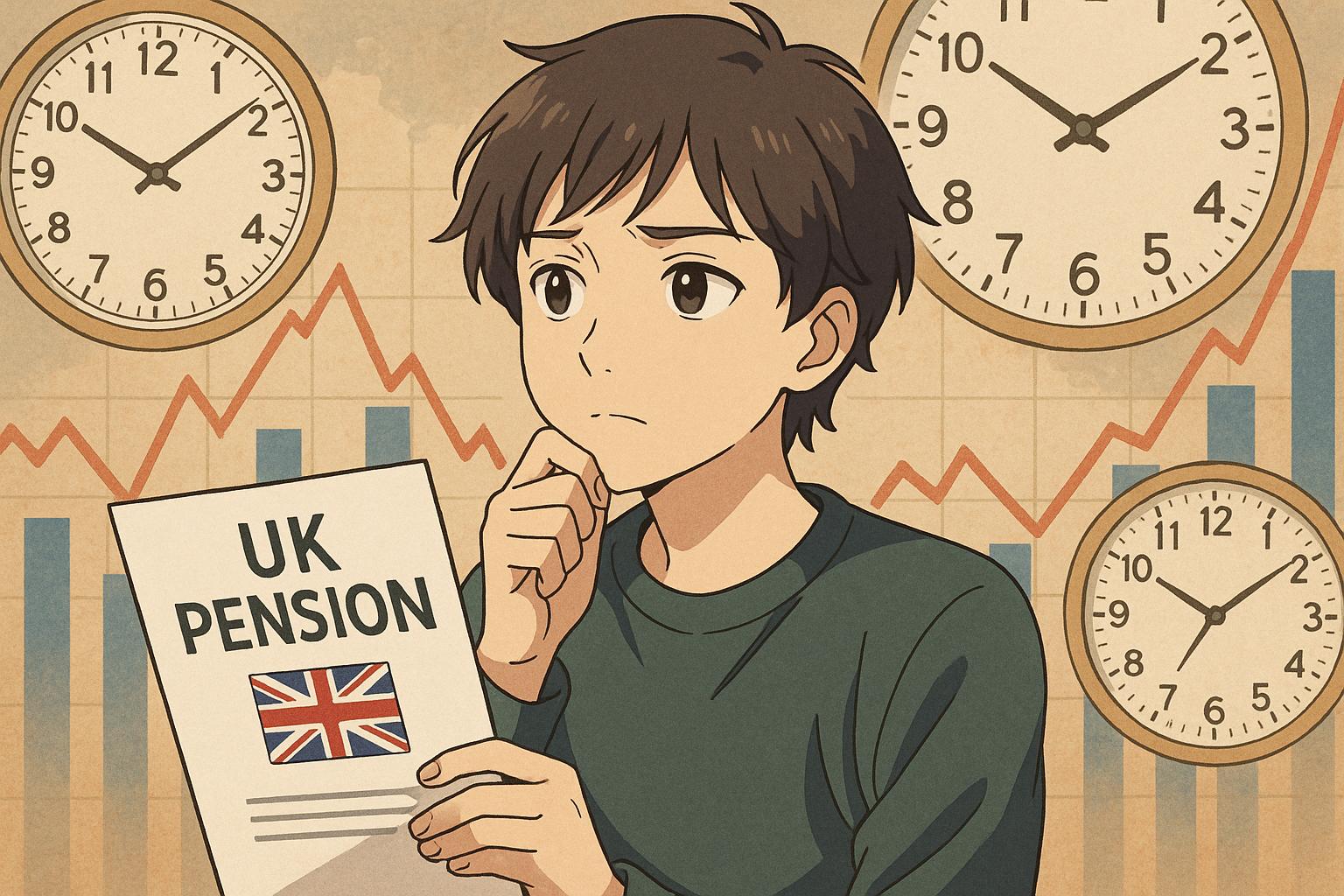The debate surrounding the UK's triple lock pension system has intensified, particularly in light of recent government policies affecting financial support for citizens during challenging economic times. During a recent episode of "Question Time," panellist and Brexit columnist Inaya Folarin Iman argued for a national dialogue regarding the future of the triple lock, suggesting that maintaining the current system may not be sustainable for younger generations. She emphasized the need for a broader societal discussion about issues impacting the ageing population, including the ongoing social care crisis and the potential inadequacy of pensions for those in their 20s, many of whom express doubts about receiving state pensions when they retire.
This call for a re-evaluation of the triple lock comes amidst the Prime Minister's controversial U-turn on winter fuel payments, which followed disappointing local election results and the rise of alternative parties like Reform UK. Iman’s remarks echoed sentiments shared by fellow panellist Zanny Minton Beddoes, who called for a candid assessment of the promises made to older generations, highlighting the financial burden these commitments may impose on younger individuals. Beddoes asserted that “we cannot continue to maintain these promises” without risking significant economic strain.
The triple lock policy, instituted in 2012, guarantees annual increases to the state pension based on the highest value among three criteria: inflation, earnings growth, or a flat rate of 2.5%. This mechanism has ensured a degree of financial security for pensioners; however, it has also drawn scrutiny for its long-term sustainability. The Institute for Fiscal Studies (IFS) warns that, should the triple lock remain in place, the annual cost to the welfare system could balloon dramatically—potentially adding between £5 billion and £45 billion by 2050, largely due to unpredictable inflation and wage growth.
This projected fiscal burden has led experts and politicians alike to consider difficult questions about the future of pension policy in the UK. The financial implications of maintaining the triple lock may even necessitate increases in the state pension age, a move that has sparked significant debate on intergenerational fairness. Critics argue that the current policy not only poses risks to fiscal sustainability but could also unfairly impose costs on younger generations who may already be grappling with rising living costs and stagnant wage growth.
As public dissatisfaction with government policies grows, the urgency for a comprehensive discussion on the triple lock and its implications has become increasingly apparent. The mounting financial pressures and demographic shifts present a complex challenge, raising fundamental questions about how best to balance the needs of both current and future pensioners in a rapidly changing economic landscape. The necessity for an honest dialogue, as expressed by Iman and supported by Minton Beddoes, highlights a growing awareness that such conversations are no longer optional but crucial for ensuring long-term viability in the context of UK pension policy.
This ongoing discourse not only reflects broader socio-economic concerns but also signals a potential shift in public expectation regarding governmental responsibility in safeguarding the financial futures of all age groups. As politicians and experts continue to navigate these contentious issues, the outcome may shape the trajectory of pension policy in the UK for decades to come.
Reference Map
- Paragraphs 1, 2
- Paragraph 3
- Paragraphs 4, 5
- Paragraph 6
- Paragraph 7
- Paragraph 8
- Paragraph 9
Source: Noah Wire Services
